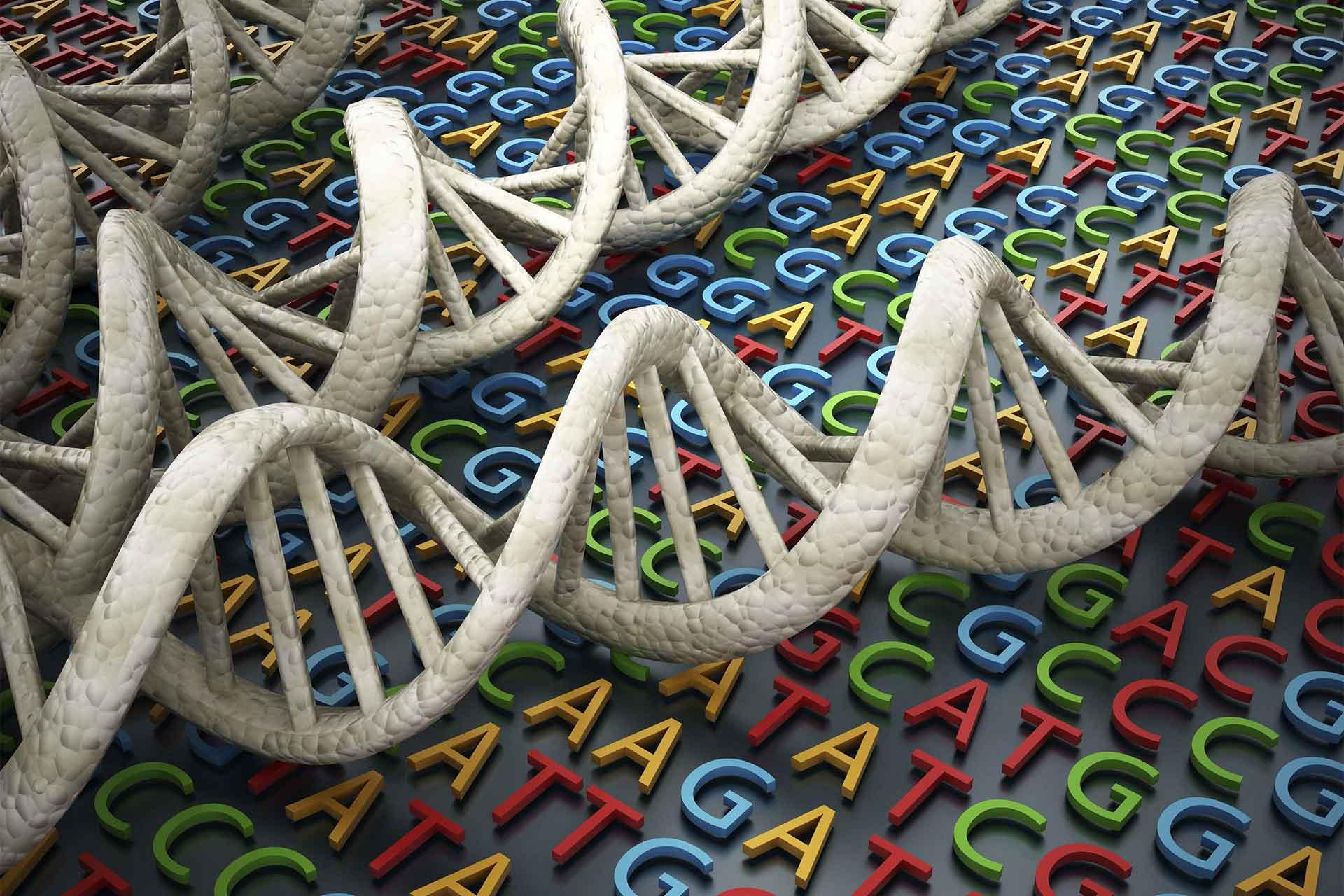Dr Mark Fife and his team are investigating how the genes of host animals and viruses change during infection. This helps them to understand which genes are involved in defending the host from viral attack, which they can use to inform vaccine development.
Their work on specific immune proteins, called IFITMs, is particularly important for vaccine production. Many vaccine stocks for both people and animals, such as those used around the world for immunisation against influenza virus, are grown in chicken cells and eggs. However, chicken IFITMs can prevent certain vaccine virus strains from replicating in high quantities.
By removing the IFITM genes in chicken cells, the team hope to boost the levels of vaccine virus produced. This research has the potential to increase yields between five and ten-fold, which can make a vast difference to vaccine manufacturing costs and prices in an industry where the total revenue for vaccines produced in eggs and cell lines is approximately $14.3 billion.
The team are also looking at how IFITMs influence the natural viral resistance of different poultry breeds. By examining differences in IFITM genes between breeds, they aim to discover which genetic characteristics provide better protection against viruses that could then be selected for in poultry breeding programmes.
As head of the Genetics and Genomics Group, Dr Fife also works closely with other groups at Pirbright to coordinate genetic analysis projects. This includes sequencing the biting midge genome, which will inform future research about how these insects carry disease, and characterising the diversity of cattle immune genes to ensure accurate infection and vaccination studies are carried out.
